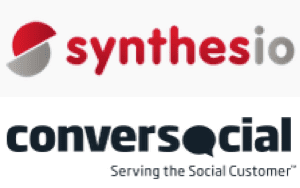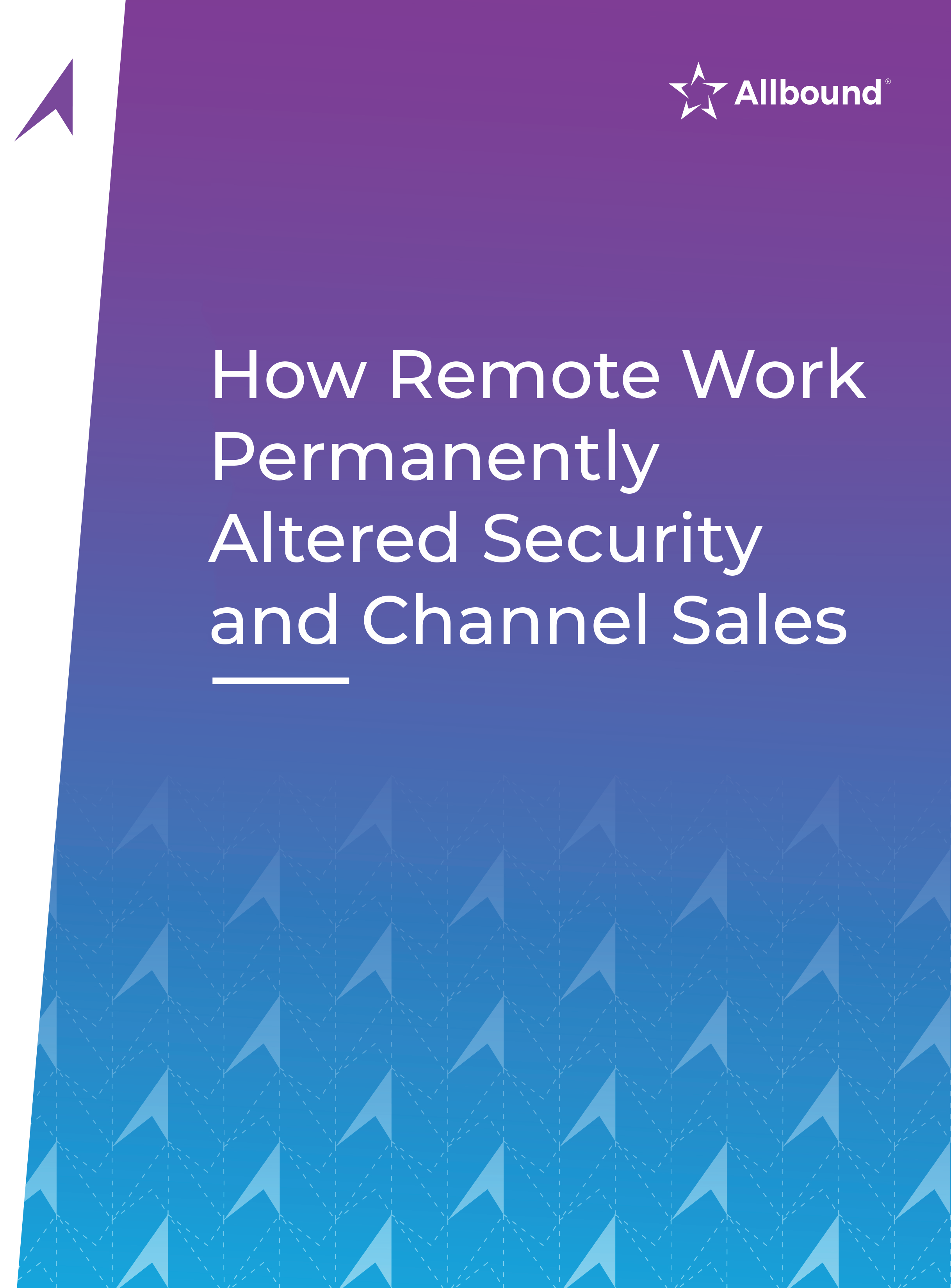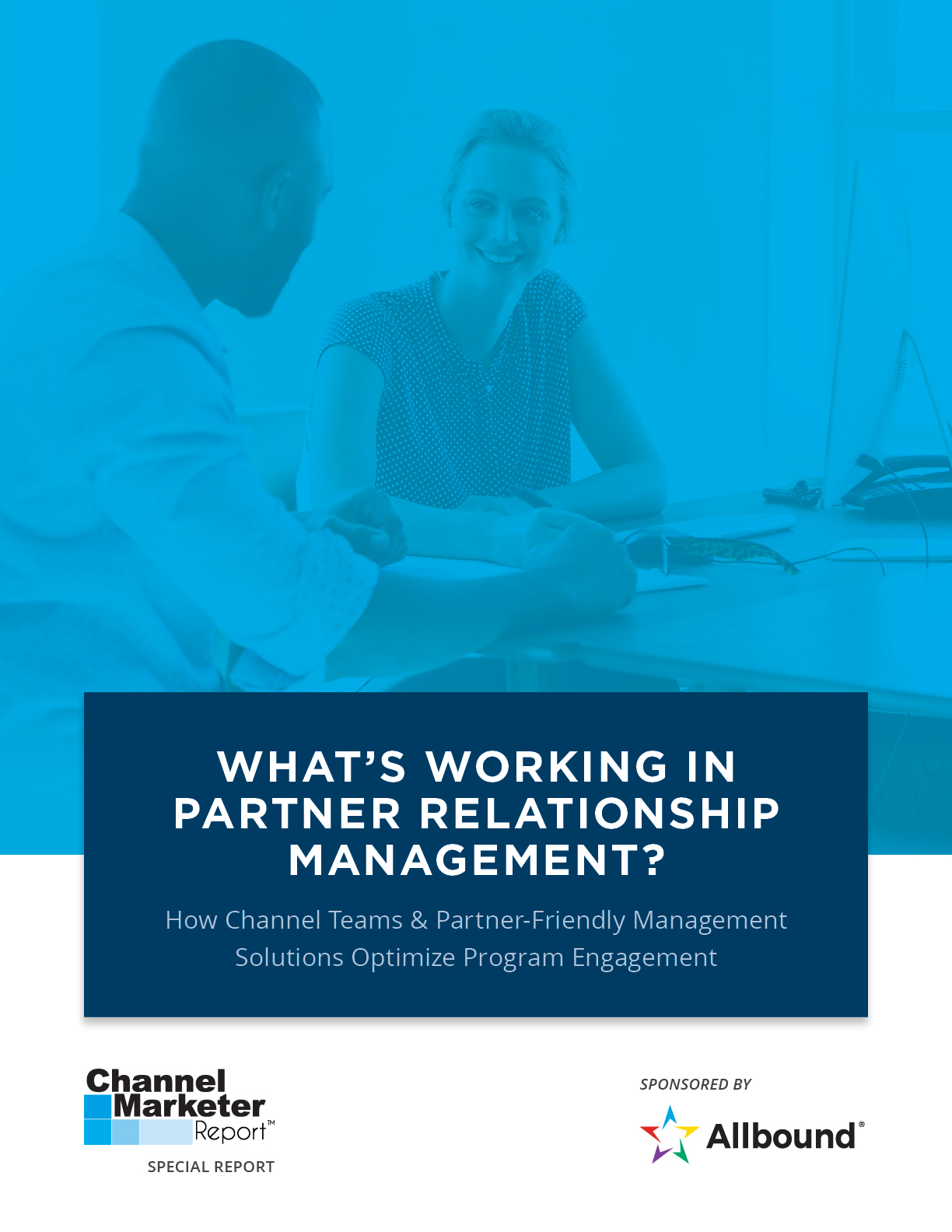Topics
Think Twice Before Emailing To Your CRM Database
By Rich Harrison, CEO, SMTP.com

SMTP.com is regularly approached by well-intentioned marketing directors with a “great idea”: Why not capitalize on the countless email addresses sitting in our CRM application via an email marketing campaign? It doesn’t matter if they are large Fortune 1000 companies or small businesses; to them, this is great idea.
From their perspective, the addresses are truly opted in because they have been provided by their owners through any number of methods such as signing up on the web site, handed directly to a sales rep, collected at a trade show, or at a point of purchase. In addition, the content will be CAN SPAM compliant, and carefully designed to avoid triggering any spam traps. Only the best campaign management software will be used, so bounced messages, opt-out requests and spam complaints all will be processed to ensure bad addresses are removed from mailing lists.
So, what can go wrong when sending from your CRM? Just about everything.
Before going further, it is important to understand that each Internet Service Provider (ISP) maintains a report card for a sending IP address, also called “reputation.” The more bounced addresses and spam complaints that the IP address generates, the lower the reputation score. Bounces in excess of 5% and spam complaints in excess of 0.1% drive the score down quickly. A low score will first result in emails being temporarily blocked from delivery. If corrective actions are not implemented, an IP address can be blacklisted, resulting in all emails being permanently blocked for delivery. Once IP addresses reach this point, they are generally beyond repair.
How could your opt-in CRM list contribute to this downward spiral? Let’s start with the age of the database. Email address owners change jobs and as a result, their email address changes as well. In turn, many of the addresses in company databases will be defunct and invalid. In light of the 5% tolerance limit the ISPs impose, it should be clear that any data dump from a CRM that does not take this into account will very quickly destroy the sending reputation of the IP address.
Rekindling Relationships With Old Contacts
Old addresses have other problems from an e-marketing perspective. People have short memories, and are generally overwhelmed by the volume of emails they receive everyday. If the recipient does not remember buying your product two years ago and so does not recognize the domain you are mailing from, he or she may flag your message as spam rather than simply unsubscribing or opting out of further emails. With the tolerance limit of the ISPs at 0.1%, it does not take many forgetful recipients to have an impact on your sending reputation.
Recommendation: Consider the most recent addresses as opt-ins. Then, directly reach out to older addresses in your database with a special email message specifically requesting the owner to acknowledge if they still want to receive future emails from you.
Consider Third Party List Cleaners
Some addresses entered into your CRM database may have been incorrectly entered by salespeople or a data entry clerk. Or, the address may have been incorrectly provided by the owner for some reason. Malformed addresses will be flagged as invalid, adding to your bounce rate and lowering your sending reputation.
Recommendation: Consider the use of a third party list-cleaning company. These organizations will help eliminate malformed, known bad addresses and any spam traps. These service providers also test addresses by pinging the recipient server, which may respond with a confirmation that an address is valid. For an average price of under $150 per 100,000 email addresses, the list you get back should have a smaller number of bounces and spam complaints, and in turn, be more efficient for email marketing campaigns.
Adopt The Right Tools
Of course, ongoing success requires the right tools. Outlook is not a campaign management application, since it lacks any tools to automate the removal of addresses that bounce or generate spam complaints. SMTP.com has several partners that offer great tools for the job, listed on our web site. Another tool, GroupMail, also is beneficial since it has an architecture that improves delivery speed, especially for larger relay volumes.
Recommendation: Spend the money and buy the best tool for the job.
Rich Harrison is CEO of SMTP.com, a global provider of cloud-based services to facilitate email deliverability that includes bulk and transactional sending, reputation management, compliance auditing, abuse processing and issue resolution. The company’s services provide customers with the ability to increase the deliverability of email with less time, cost and complexity than handling it on their own.













